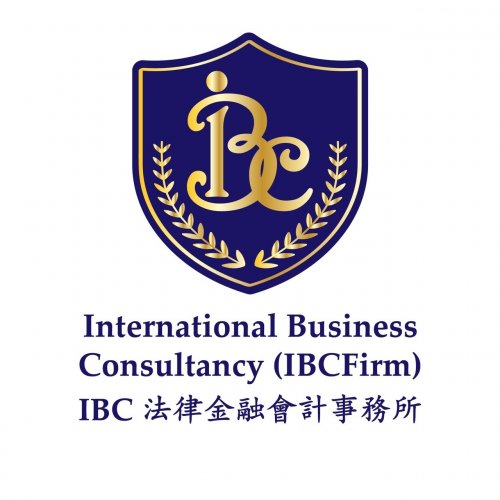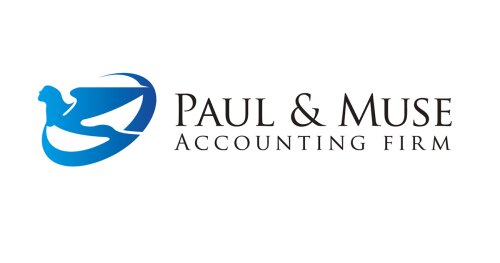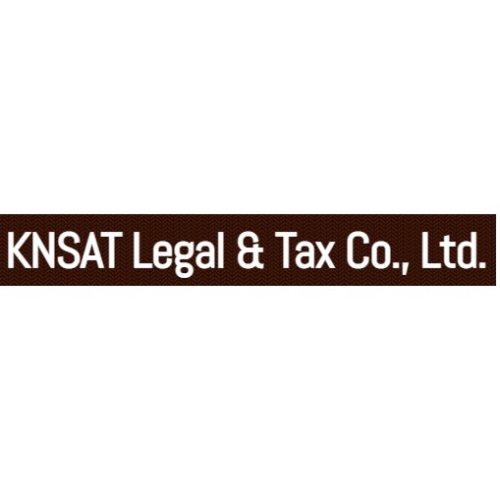Best Funds & Asset Management Lawyers in Bangkok
Share your needs with us, get contacted by law firms.
Free. Takes 2 min.
List of the best lawyers in Bangkok, Thailand
Legal guides written by SIAM LEGAL INTERNATIONAL:
- Defamation Laws in Thailand: Criminal Charges and Civil Suits
- The State of Thailand’s Long-Term Resident (LTR) Visa Program in 2025
- The Penalties Of Not Filing Your Income Tax Return As A Foreigner In Thailand
About Funds & Asset Management Law in Bangkok, Thailand
Funds and asset management in Bangkok, Thailand is a dynamic sector driven by robust economic growth and increasing demand for investment services. The regulatory framework governing funds and asset management is designed to promote transparency, protect investors, and foster the development of capital markets in the country. This area of law covers the structuring, operation, and supervision of investment funds, asset managers, mutual funds, private funds, and related financial instruments. Regulatory supervision is primarily conducted by the Securities and Exchange Commission of Thailand, ensuring compliance with the relevant legal standards to promote market integrity and investor protection.
Why You May Need a Lawyer
Navigating the funds and asset management landscape in Bangkok can be complex, especially for foreign investors, high-net-worth individuals, investment firms, and start-up fund managers. You may need a lawyer if you are:
- Setting up a new fund or investment vehicle
- Structuring asset management agreements
- Ensuring compliance with Thai regulatory requirements
- Addressing cross-border investment issues
- Resolving disputes between fund managers and investors
- Acquiring or merging with existing funds or asset management businesses
- Faced with regulatory investigations or penalties
- Seeking advice on tax implications for investments
- Drafting, reviewing, or negotiating fund documentation
Legal guidance is essential to ensure that all actions comply with local laws, minimize potential liabilities, and maximize investment opportunities.
Local Laws Overview
The funds and asset management sector in Bangkok operates primarily under the Securities and Exchange Act B.E. 2535 (1992) and its subsequent amendments. The key regulator is the Securities and Exchange Commission of Thailand (SEC), which oversees licensing, compliance, and enforcement.
To conduct fund management activities in Thailand, entities must obtain the required licenses from the SEC. Mutual funds, private funds, real estate investment trusts (REITs), and infrastructure funds are all regulated products. There are strict disclosure, reporting, and operational requirements aimed at safeguarding investors. Additionally, foreign investment by Thai funds is subject to certain limitations and approval processes.
Local regulations also address anti-money laundering (AML), know your customer (KYC) standards, and data protection measures for clients’ information. Non-compliance can result in hefty fines, license suspension, or legal proceedings. Staying updated on ongoing regulatory reforms is crucial for all participants in the funds and asset management sector.
Frequently Asked Questions
What types of licenses are required for asset management firms in Thailand?
Asset management firms must secure approval and licenses from the Securities and Exchange Commission of Thailand. Categories include mutual fund management, private fund management, and securities brokerage or dealership licenses.
Can foreign investors participate in Thai-managed funds?
Yes, foreign investors can participate in Thai-managed funds, but certain rules regarding foreign ownership limits, fund types, and remittance of funds abroad apply. Approval from the Bank of Thailand may also be required.
What is the role of a fund manager in Thailand?
A fund manager is responsible for investing and managing assets on behalf of clients or fund investors according to agreed investment objectives and in compliance with applicable laws.
How are funds taxed in Thailand?
Funds are generally exempt from corporate income tax on investment returns, but distributions to investors may be subject to personal or corporate income tax. Tax obligations vary depending on the investor's status and type of fund.
What disclosures are asset management firms required to make?
Firms must provide clear, accurate, and timely information regarding risks, fees, investment policies, and fund performance. Prospectuses and ongoing reports must be submitted to the SEC and made available to investors.
Are there restrictions on the types of assets funds can invest in?
Yes, local regulations set guidelines and restrictions on allowable asset classes for each fund type. These may include limits on foreign assets, derivatives, property, or alternative investments to ensure investor protection.
What legal protections exist for investors?
Thai law mandates a fiduciary duty for fund managers, requires transparency, and enforces fair dealing. The SEC has authority to investigate complaints and take enforcement actions to protect investors.
Can funds operate cross-border in Thailand?
Foreign funds can be offered in Thailand under the ASEAN Collective Investment Scheme framework or by obtaining the necessary approvals. Cross-border operation is subject to review and compliance with local regulations.
What are the main compliance responsibilities for asset managers?
Asset managers must adhere to regulations on KYC, AML, corporate governance, client communication, reporting, and investor suitability assessments. Routine audits and SEC inspections are part of the compliance process.
How can disputes between funds, managers, and investors be resolved?
Disputes can be settled through negotiation, mediation, or, if necessary, litigation in Thai courts. Arbitration clauses are also common in fund agreements for efficient resolution.
Additional Resources
If you need more information or assistance with funds and asset management in Bangkok, the following resources can be helpful:
- Securities and Exchange Commission of Thailand
- Bank of Thailand
- Thai Association of Asset Management Companies
- The Stock Exchange of Thailand
- Ministry of Finance
- Thai Financial Planners Association
These organizations provide guidelines, regulatory updates, consumer protection information, and publications relevant to market participants.
Next Steps
If you require legal assistance in funds and asset management in Bangkok, begin by documenting your specific issues or goals. Gather any relevant contracts, investment documents, and correspondence for review. Seek out a reputable law firm or lawyer specializing in funds and asset management with a proven track record in the sector.
Schedule a consultation to discuss your legal needs, ask about their experience with similar matters, and clarify all professional fees. Keeping informed and proactive will help you navigate complex regulatory requirements and protect your investments in Thailand's dynamic financial market.
Lawzana helps you find the best lawyers and law firms in Bangkok through a curated and pre-screened list of qualified legal professionals. Our platform offers rankings and detailed profiles of attorneys and law firms, allowing you to compare based on practice areas, including Funds & Asset Management, experience, and client feedback.
Each profile includes a description of the firm's areas of practice, client reviews, team members and partners, year of establishment, spoken languages, office locations, contact information, social media presence, and any published articles or resources. Most firms on our platform speak English and are experienced in both local and international legal matters.
Get a quote from top-rated law firms in Bangkok, Thailand — quickly, securely, and without unnecessary hassle.
Disclaimer:
The information provided on this page is for general informational purposes only and does not constitute legal advice. While we strive to ensure the accuracy and relevance of the content, legal information may change over time, and interpretations of the law can vary. You should always consult with a qualified legal professional for advice specific to your situation.
We disclaim all liability for actions taken or not taken based on the content of this page. If you believe any information is incorrect or outdated, please contact us, and we will review and update it where appropriate.















